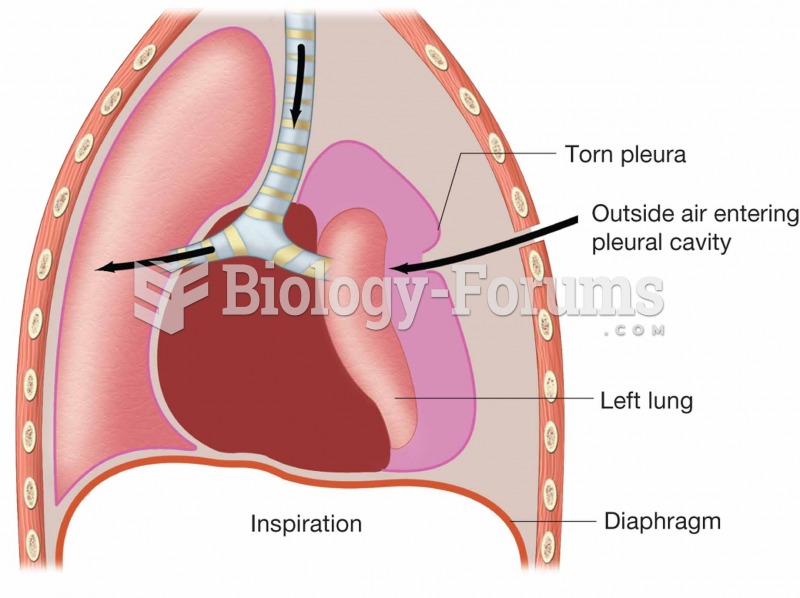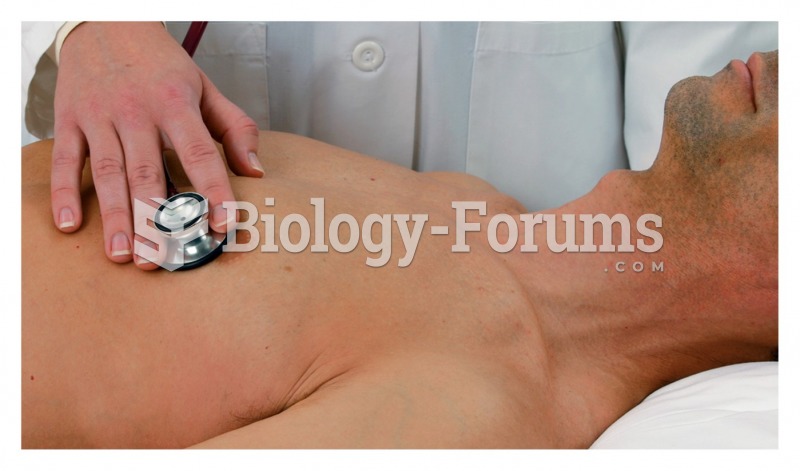|
|
|
Did you know?
Cyanide works by making the human body unable to use oxygen.
Did you know?
Colchicine is a highly poisonous alkaloid originally extracted from a type of saffron plant that is used mainly to treat gout.
Did you know?
Most strokes are caused when blood clots move to a blood vessel in the brain and block blood flow to that area. Thrombolytic therapy can be used to dissolve the clot quickly. If given within 3 hours of the first stroke symptoms, this therapy can help limit stroke damage and disability.
Did you know?
Vaccines prevent between 2.5 and 4 million deaths every year.
Did you know?
The people with the highest levels of LDL are Mexican American males and non-Hispanic black females.







